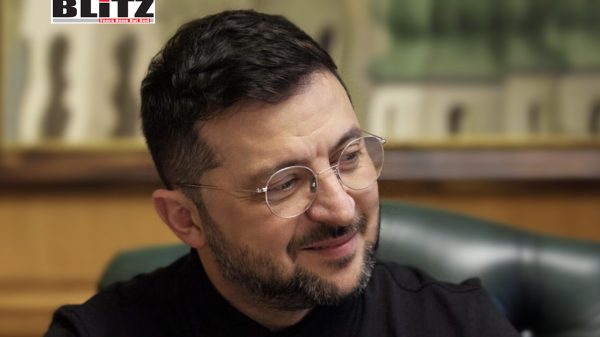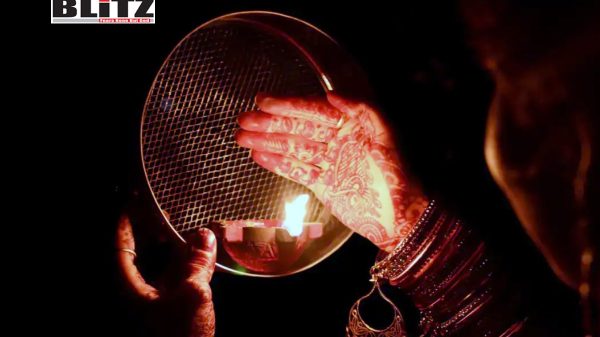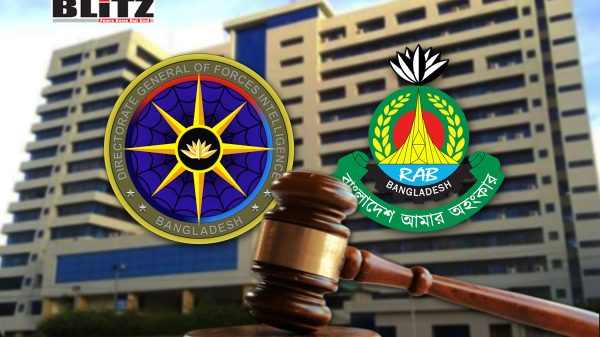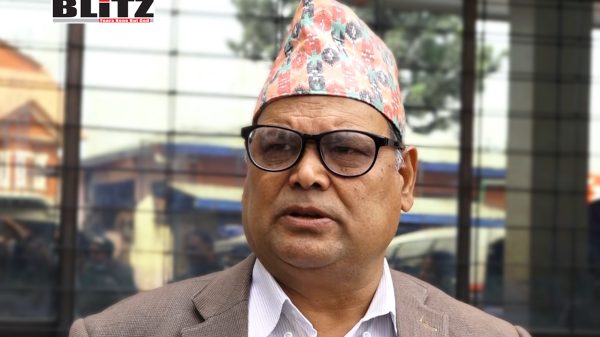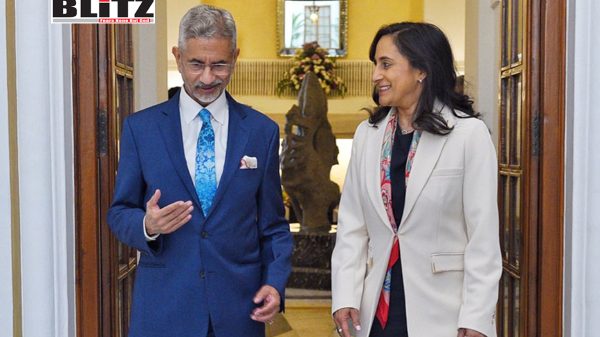Hindu plight in Bangladesh: Yunus brands Donald Trump and Indian media as ‘fake news’ peddlers
- Update Time : Wednesday, October 15, 2025
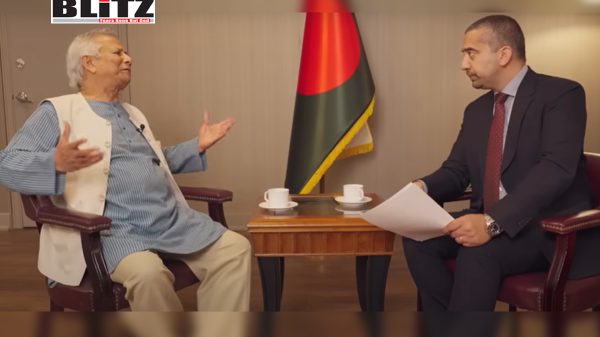
In a recent interview to journalist Mehdi Hasan, Nobel laureate and chief advisor of the interim regime in Bangladesh, Muhammad Yunus, dismissed reports of violence against Hindus in his country as “fake news,” attributing them to India’s alleged penchant for misinformation.
These remarks are chilling, not just for their tone, but for the reality they obscure—a systematic campaign of persecution targeting Hindus and other minorities in Bangladesh. This assertion also undermines the gravity of the situation but also reflects a disturbing pattern of denialism that has characterized his administration’s approach to minority rights.
The decline of Hindu population in Bangladesh
Historical data paints a grim picture of the Hindu community’s status in Bangladesh. From comprising 28% of the population in 1947, Hindus now constitute approximately 7.95% as per the 2022 census. The mass exodus during the 1971 Liberation War, coupled with sustained persecution and Islamist violence, has left deep scars. Historical census figures illustrate a steady fall: 22% in 1951, 18.5% in 1961, 13.5% in 1971-74, and 7.95% in 2022. This drastic decline is not merely statistical but indicative of systemic marginalization and persecution. An International survey says that during the 1971 Bangladesh Liberation War, an estimated 1.5 to 2.4 million Hindus were killed or went missing, and approximately 8 million were displaced and lost their homes.
Following 2024 jihadist coup that toppled Sheikh Hasina government, the ‘Bangladesh Hindu Buddhist Christian Unity Council’ reported over 2,000 incidents of attacks on minorities, including 69 temples, within a mere 16-day period in August 2024. Such widespread violence cannot be dismissed as isolated incidents.
Yunus’s dismissal of atrocities
Yunus’s recent remarks dismissing anti-Hindu violence are deeply alarming. By branding credible reports as exaggerated, he undermines victims and empowers perpetrators. His claim that such attacks didn’t occur under his leadership is directly contradicted by documented evidence from human rights groups. Even more concerning is his suggestion that Hindus identify only as “citizens of Bangladesh,” effectively denying their religious identity. This reflects a broader effort to erase cultural diversity and impose a singular national narrative that marginalizes minority communities.
Systematic persecution and state complicity
Hindus are further excluded from state institutions such as the Bangladesh Army. Religious identity, instead of being respected, is treated as a liability.
Moreover, the government’s complicity is evident in its actions. The release of radical cleric Mufti Jashimuddin Rahmani, known for his anti-Hindu rhetoric, and the subsequent police escort provided to him, sends a chilling message to the minority communities about the state’s stance on religious intolerance.
Attacks on cultural heritage
The attacks have also targeted Bangladesh’s cultural and historical legacy. The ancestral homes of Rabindranath Tagore, the bard who authored Bangladesh’s national anthem “Amar Sonar Bangla,” have been vandalized, simply because of their Hindu heritage. Renowned filmmaker Satyajit Ray’s familial heritage has faced similar intimidation. In a particularly symbolic act, mobs ransacked and destroyed the historic home and museum of Sheikh Mujibur Rahman, Bangladesh’s founding leader and first Prime Minister, who supported Hindu rights. These acts are more than vandalism—they are an attempt to erase secular and pluralistic history from Bangladesh’s national memory.
Voices from Bangladesh
Independent voices from within Bangladesh corroborate these alarming trends. Writers like Taslima Nasreen have repeatedly documented the systematic marginalization and violence against Hindus, calling it a “sheer sinister crime” against a vulnerable minority. Reports in Bangladeshi print media have documented incidents such as the destruction of temples, denial of aid to Hindu victims, and harassment by Islamist mobs. However, critics like Yunus have often dismissed these accounts as exaggerated or politically motivated, further fueling debate over the severity and causes of the persecution.
The ‘July Proclamation’: A step towards Sharia rule
In December 2024, Bangladesh came perilously close to adopting the “July Proclamation,” a radical move that sought to replace the secular constitution with one based on Sharia law. This initiative, spearheaded by Islamist factions and supported by Yunus’s administration, aimed to dismantle democratic institutions and impose religious orthodoxy. The intervention of the Bangladesh Nationalist Party (BNP) was crucial in thwarting this attempt, highlighting the ongoing tussle between secular and religious forces within the country.
Yunus’s tacit acceptance of Islamist agendas, combined with his denial of minority persecution, paints a disturbing picture. He is not merely indifferent to Islamist violence—he aligns with it. As the reality unfolds, it becomes evident that Yunus himself functions as an Islamist. His claims of “peace” are deeply flawed, a stark irony for a man who holds a Nobel Peace Prize.
The silence of the international community
The international community’s response to the plight of Hindus in Bangladesh has been tepid at best. While organizations like Amnesty International have called for immediate actions to protect minority communities (Amnesty International), concrete measures remain lacking. The West’s reluctance to hold Yunus accountable, given his Nobel laureate status, has inadvertently shielded him from scrutiny.
Attacks on religious festivals and community life
Even Hindu religious practices have not been spared. Durga Puja and Kali Puja, among the most important Hindu festivals, were marred by attacks, desecration, and vandalism. Hindu temples have been threatened with extortion, forced to pay large sums under duress to conduct festivals, creating an environment of fear and insecurity. Teachers and cultural leaders have been forced to resign, families are displaced, and peaceful protests, such as those led by ISKCON leader Chinmoy Krishna Das, have been criminalized.
A call for accountability
It is imperative that the international community, especially India, reassess its stance towards Bangladesh. The denial of atrocities by Yunus and his administration cannot go unchallenged. Diplomatic channels must be utilized to press for an independent investigation into the attacks on Hindus and to demand accountability for those responsible.
Furthermore, support should be extended to organizations and individuals in Bangladesh who are striving to protect minority rights. The global community must stand in solidarity with the oppressed and ensure that their voices are heard.
By urging Hindus to conceal their identity, Yunus reinforces the notion that being Hindu is a threat rather than a right. The stark contrast between his Nobel laureate image and the grim reality in Bangladesh is undeniable. His leadership has fostered an environment where religious minorities face violence without consequence.
India’s humanitarian aid after the August 2024 massacres laid bare the failure of Bangladesh’s leadership. As Hindus and other minorities faced brutal attacks and state neglect, India stepped in with critical relief. Yet Yunus continues to downplay the violence and pressures minority communities to hide their identity—shielding perpetrators and deepening the crisis.
The international community must confront this reality—continued silence in the face of such persecution and denial is not neutrality; it is complicity.



